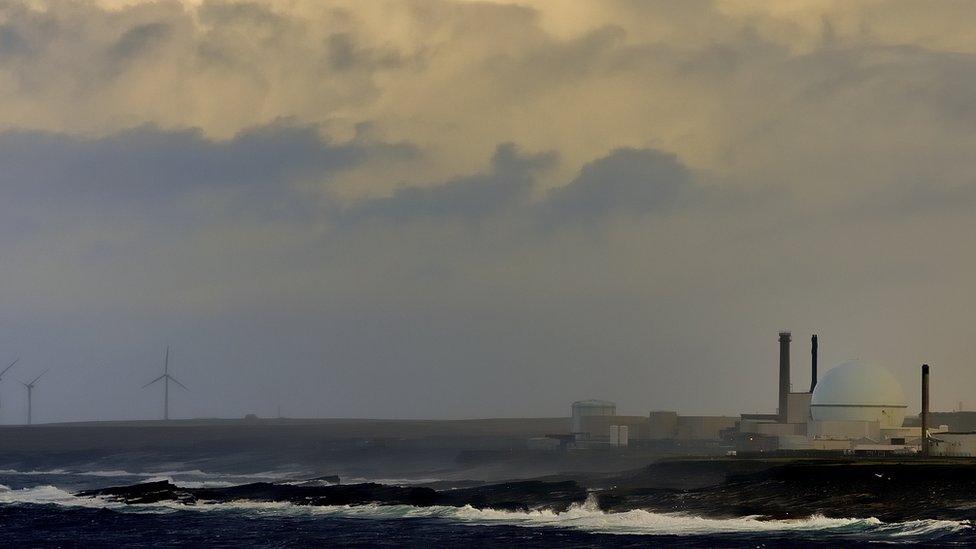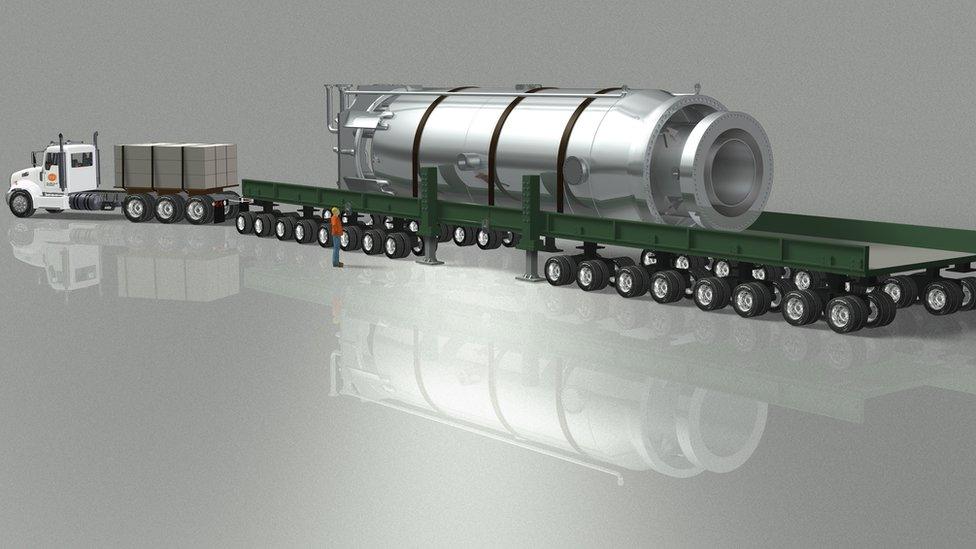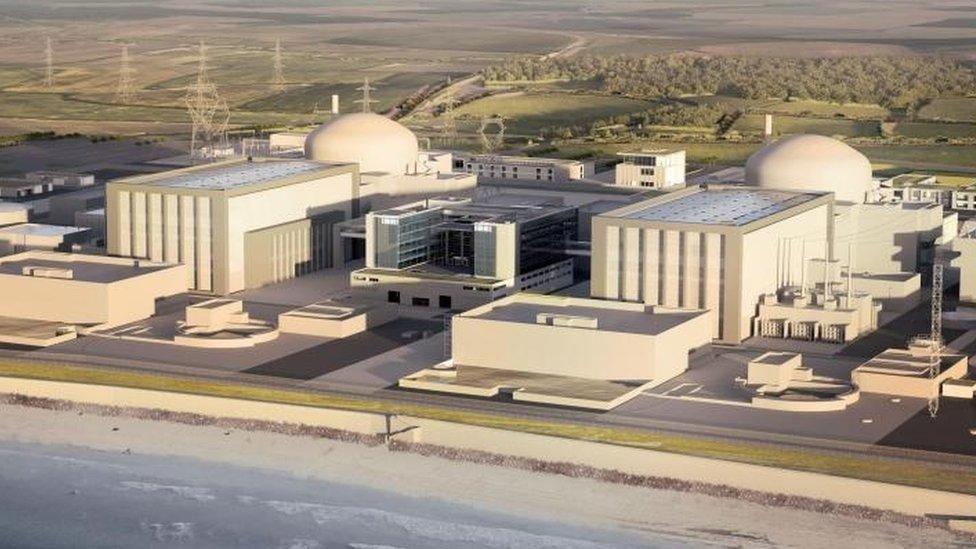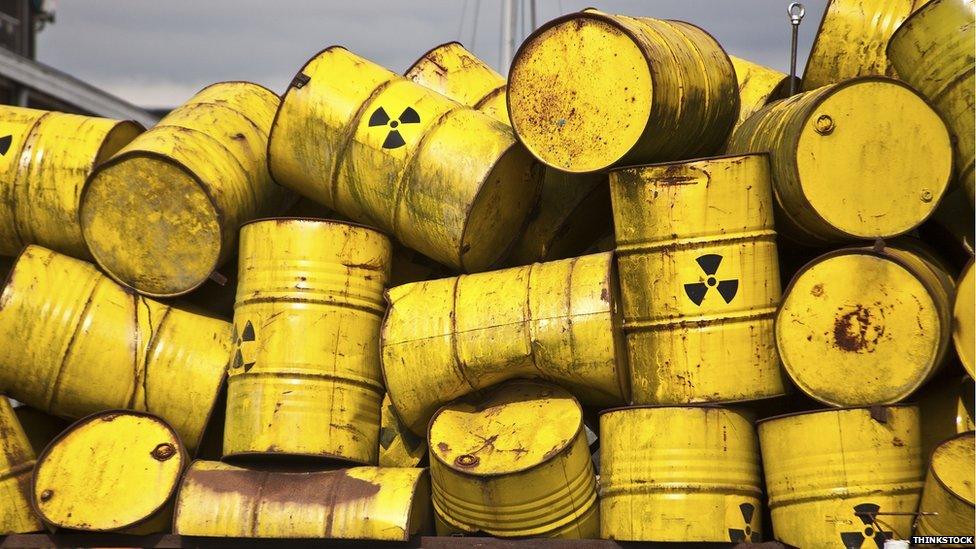UK-US nuclear waste deal to 'help in cancer fight'
- Published

The UK waste will come from the Dounreay facility in Caithness
David Cameron is to announce plans for the largest ever shipment of nuclear waste from the UK to the US.
In return, the US will send a different type of used uranium to Europe where it will be used to help diagnose cancer.
The BBC's James Landale said the PM's aim was to show that it is possible to think differently about how to dispose of nuclear waste.
But Friends of the Earth said any transatlantic transportation of nuclear waste was a risk it advised against.
Mr Cameron will travel to the US later to announce the agreement at a summit on civil nuclear security in Washington.
He will tell world leaders that Britain will transport 700kg of highly enriched uranium to the US from the Dounreay storage facility in Scotland.
Officials said this would be the largest ever such movement of nuclear waste, which the US has more capacity to store and process.
Cyber attacks
In return, a different form of used uranium will be transported from America to the European Atomic Energy agency (Euratom) where it will be turned into radio isotopes that are used to detect and diagnose cancer.
Richard Dixon, director of Friends of the Earth Scotland, said: "Only the nuclear industry could think it was a good idea to risk swapping large quantities of one of the most dangerous materials on the planet across the Atlantic.
"Nuclear waste should be dealt with as close to where it is produced as possible rather than risking transporting it in ships or planes. The consequences of an accident during transit would be horrific."
At the fourth Nuclear Security summit, to be chaired by US President Barack Obama, Mr Cameron will also announce Britain and the US are to hold a joint exercise to test both countries' ability to prevent cyber attacks on their nuclear stations and waste facilities.
The prime minister will offer British expertise to countries including Japan, Turkey, South Korea and Argentina which have asked for advice on how best to protect their nuclear plants.
And he will commit £10m to be spent on civil nuclear security worldwide.
During the biennial summit, first held in 2010, heads of government will also consider their response to the nightmare scenario of terrorists creating and using a dirty bomb.
- Published23 March 2016

- Published27 January 2016

- Published18 January 2016
